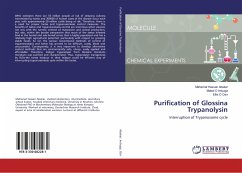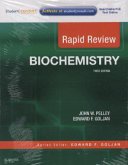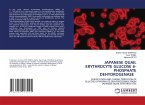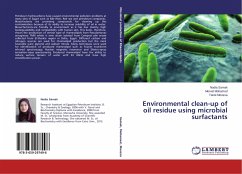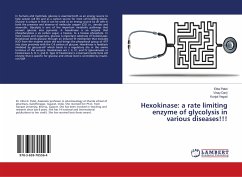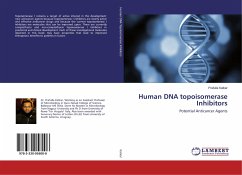WHO estimates there are 55 million people at risk of sleeping sickness transmitted by tsetse and 300000 of human cases of the disease occur each year, with approximately 50 million cattle being at risk. Therefore, there is a need for proper tsetse and trypanosomiasis control measures. The benefits of tsetse and trypanosomiasis control are enormous when viewed, not ony with the narrow context of manpower and animal production, but also, within the border perspective that much of the tsetse infested land in the humid and sub-humid zones that is highly populated and has a relatively high agricultural potential, particularly with respect to growing stable foods. So far, the various conventional methods of control of trypanosomiasis and tsetse has proved to be difficult, costly, bleak and unsuccessful. Consequently, it is very important to develop alternative control methods that are environmently safe, cheep, easily applied and affordable. Therefore, midgut trypanolysin from Glossinamorsitans morsitans was purified and characterized. Thus, trypanolysin transgenesis by RLOs-the tsetse harbour in their midgut could be efficient way of interrupting trypanosomiasis cycle within the tsetse.
Bitte wählen Sie Ihr Anliegen aus.
Rechnungen
Retourenschein anfordern
Bestellstatus
Storno

